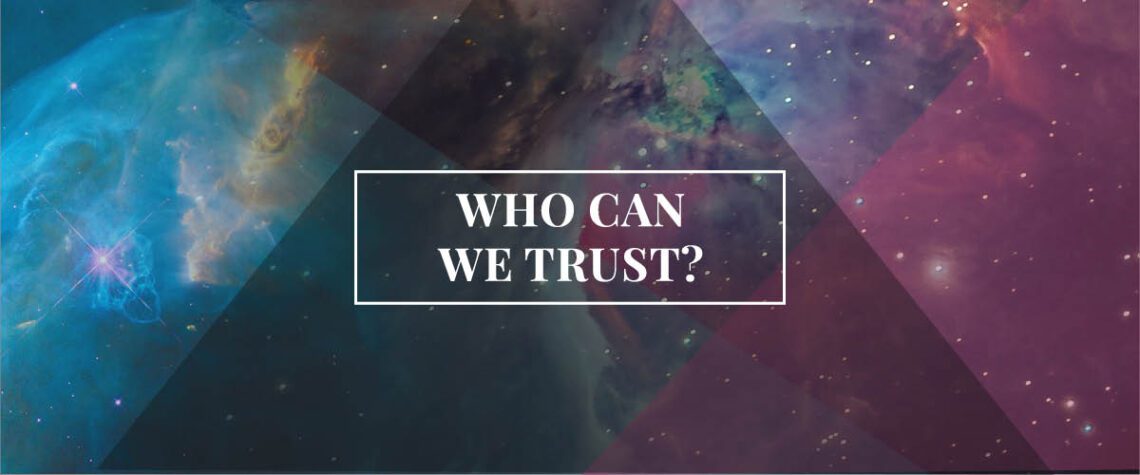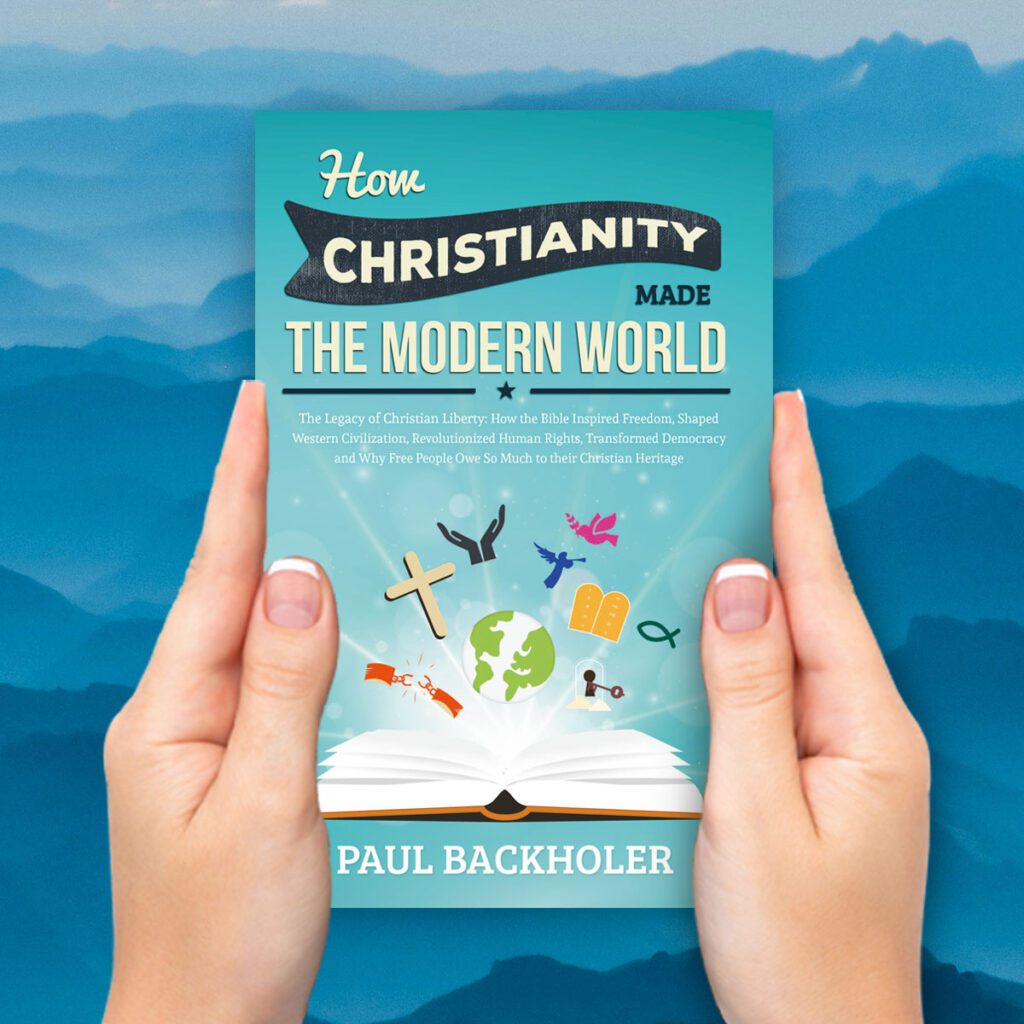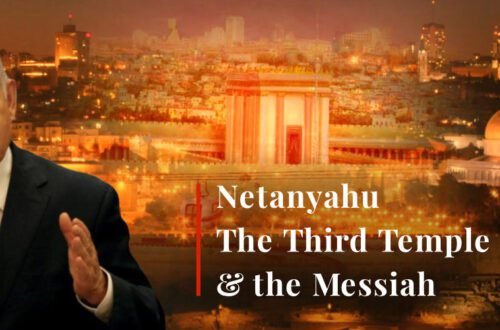
Can we Trust Scientists? Is Pseudoscience the New Science? Theories Masquerading as Facts: Who do you Believe?
In some quarters faith in science has become a religion. Christianity is not anti-science; it’s self-evident many of the Founding Fathers of modern science were practising Christians or ministers. They sought God’s handiwork in discovery. The coronavirus vaccines today prove science still has much to offer humanity, as we use the abilities given to us by God.
Professor John Lennox once said, “Either human intelligence ultimately owes its origin to mindless matter; or there is a Creator. It is strange that some people claim that it is their intelligence that leads them to prefer the first to the second.” He adds, “I submit that, far from science having buried God, not only do the results of science point towards his existence, but the scientific enterprise itself is validated by his existence.”
I doubt faith in science, not science itself. It’s a mistake to confuse science, philosophy and theology. Science is how, Christianity is why. I celebrate healthy incontrovertible scientific advance in tangible science. But if history tells us anything, it’s the prevailing scientific view of today will be rejected in the future. Ongoing discoveries nullify theories masquerading as fact.
Science is how, Christianity is why
Intelligent people once believed in phrenology. “It’s science,” they said, “how can you argue against it?” In those days the brightest scientists could identify the ‘wrong kind of people’ by the shape of their skull. In 1877, canals were discovered by an astronomer on Mars. Optical illusion, I’m afraid. Then Einstein’s Static Universe turned out to be problematic. What about the 1970’s science of global cooling and the predictions of a new ice age? Let’s not even talk about eugenics. “Move on, nothing to see here.”
I question faith in science, not unequivocal fact. I doubt theories sold as absolutes because “they” said it’s true. Veracity gives way to opinion. Let’s not forget every dictator in history found scientists and philosophers to justify their actions as advancement. Do the experts today seek the truth or play the game for funding?

There are fundamental weaknesses in the theories of how the universe and life came into existence. Denying the problems exist, as some scientists do, fails to inspire confidence. Legitimate scientific objections do endure. All they think they know about the beginnings of the universe and life may be wrong. It may be a house of cards.
If you haven’t heard, ninety-five percent of the universe is missing. But don’t worry, we’ll call this invisible mysterious substance dark matter and the force dark energy. Problem solved. Everything makes sense again. Perchance they will find the unobservable; maybe they will find confirmation bias. You see what you want to see.
Then consider the following problems with the theory of evolution: There’s no feasible mechanism to create a primordial soup. Unguided chemical processes do not explain the genesis of genetic code. Random mutations fail to generate the genetic information demanded for irreducibly complex structures. The fossil record reveals gaps and abrupt appearances of species. Molecular biology has not delivered an encompassing tree of life. Humans, created in God’s image, display cognitive abilities and behaviours which offer no survival advantage.
In the beginning God
– Genesis 1:1
I advise a healthy dose of cynicism towards scientists claiming to have the answers. It’s called discernment in the Bible. All those computer graphics, simulations and predictions may not translate into the real world. Scientific expertise is nuance. There’s a range of expert views and interpretations about topics we know little about. There’s more uncertainty in the scientific community than we’re told. Rival camps of scientists clash and those outside of the consensus lose funding. One viewpoint is strengthened, the axiom becomes nuance. The mist becomes fog.
By Paul Backholer. Find out about Paul’s books here.




